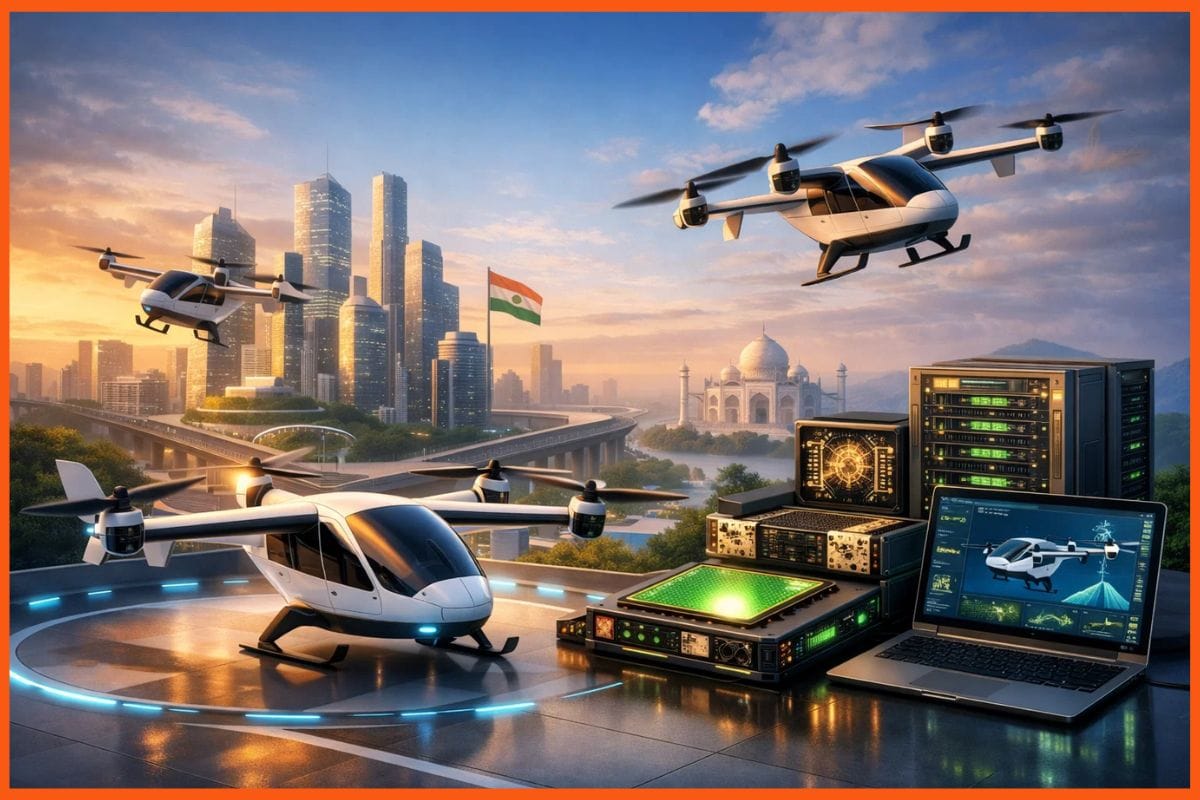To Encourage Investment, the Cabinet Has Approved 12 “Industrial Smart Cities” and Will Spend INR 28,602 Crore on Them

On 28 August 2024, 12 "industrial smart cities" across 10 states were given the green light by the Union Cabinet to receive an estimated investment of INR 28,602 crore, to enhance domestic manufacturing.
List of cities approved for “industrial smart cities”
| City | State |
|---|---|
| Khurpia | Uttarakhand |
| Rajpura-Patiala | Punjab |
| Dighi | Maharashtra |
| Palakkad | Kerala |
| Agra and Prayagraj | Uttar Pradesh |
| Gaya | Bihar |
| Zaheerabad | Telangana |
| Orvakal and Kopparthy | Andhra Pradesh |
| Jodhpur-Pali | Rajasthan |
At a press briefing, Commerce Minister Piyush Goyal stated that these projects seek to cultivate an industrial ecosystem by enabling investments from both large anchor industries and micro, small, and medium enterprises (MSMEs). They are designed to attract foreign direct investment (FDI) from countries like Switzerland and Singapore.
The projects, which cover ten states and six significant industrial corridors, would link the Golden Quadrilateral in what the minister called a "necklace of industrial cities." He went on to say that these cities will have "plug-and-play" infrastructure, meaning they will have access to clean water and power at all times.
Steps Taken to Execute the Plan
Following the announcement made by Finance Minister Nirmala Sitharaman during the Union Budget speech, in which she revealed a proposal to sanction 12 industrial parks under the National Industrial Corridor Development Programme (NICDP), the Cabinet has given its approval to the scheme.
According to Sitharaman, "Our government will facilitate the development of investment-ready 'plug-and-play' industrial parks with complete infrastructure in or near one hundred cities." This will be accomplished in conjunction with states and the business sector, and would be accomplished through improved utilisation of town planning schemes
In the past, the government of Odisha did not grant any land for the project; however, following the administration shift, the land has been designated for the project. The state of West Bengal had presented a plan, but they ultimately decided to withdraw it. According to Goyal, industrial ventures will be built in any state that assists the Central Government.
The Scheme Will Help India’s Exports Reach $2 Trillion by 2030
By the year 2030, it is anticipated that these industrial nodes will serve as accelerators for the achievement of a total export value of $2 trillion. According to a statement released by the government, the new industrial cities would be developed as greenfield smart cities that meet global standards. These cities will be constructed "ahead of demand" based on the principles of "plug-and-play" and "walk on to work."
The National Industrial Corridor Development Programme (NICDP) projects are planned with a focus on sustainability, including ICT-enabled utilities and green technology to reduce their impact on the environment. The goal of the government is to establish industrial cities that are not only centers of economic activity but also exemplary examples of environmental management. This will be accomplished by providing infrastructure that is of high quality, dependable, and sustainable.

Must have tools for startups - Recommended by StartupTalky
- Convert Visitors into Leads- SeizeLead
- Website Builder SquareSpace
- Run your business Smoothly Systeme.io
- Stock Images Shutterstock







